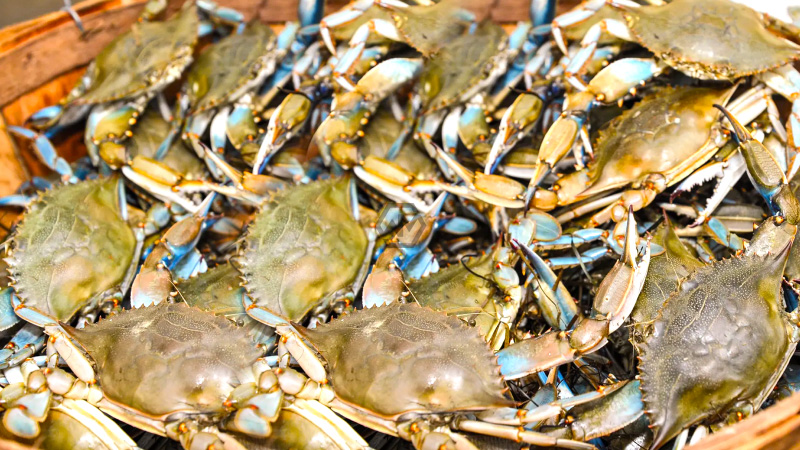- Virginia Marine Resources Commission votes to repeal ban on winter dredge fishery for blue crabs.
- Maryland officials criticize the decision as premature and lacking scientific support.
- Environmentalists express concerns over potential harm to blue crab population recovery efforts.
Maryland officials and environmental groups have strongly opposed Virginia’s recent decision to consider reopening the winter dredge fishery for blue crabs. The decision, made by the Virginia Marine Resources Commission in a narrow 5-4 vote, comes after a 15-year ban aimed at protecting the species during vulnerable winter months.
Virginia‘s commission decision has reignited a contentious debate over the balance between economic interests and ecological sustainability in the Chesapeake Bay region.
Controversy Over Virginia’s Blue Crab Winter Fishery Decision
Virginia’s move to potentially revive the winter dredge fishery for blue crabs has sparked outcry from neighboring Maryland and environmental groups. The decision, which overturns a decade-old ban, was met with criticism from Maryland officials, who argue that it lacks scientific backing and could endanger recent gains in crab population recovery. Maryland’s Department of Natural Resources Secretary Josh Kurtz expressed disappointment, emphasizing the need for informed, cooperative management based on scientific data. Environmentalists, such as the Chesapeake Bay Foundation, echoed these concerns, citing ongoing challenges in sustaining blue crab populations, especially females critical for reproduction.
The controversy centers on the potential ecological impact of reopening the fishery, which historically targeted semi-dormant crabs crucial for breeding success. Critics point to past overharvesting during previous dredge seasons, which significantly depleted female crab numbers and triggered federal fishery disaster declarations. Despite assurances from Virginia officials that any new fishery would be carefully regulated and scaled down, opposition remains strong. Stakeholders fear that reopening the fishery could undermine years of collaborative conservation efforts between Maryland and Virginia, jeopardizing the fragile recovery of the iconic blue crab.
Virginia’s decision reflects broader tensions between economic interests and environmental conservation in the Chesapeake Bay region. Proponents argue that reopening the fishery could provide economic benefits to local communities dependent on crabbing industries, especially during winter months. However, opponents stress the need for caution, citing the uncertain ecological consequences and advocating for continued protection of blue crab habitats. The debate is expected to intensify as Virginia prepares to present its findings and recommendations at upcoming regulatory meetings.
The contentious debate surrounding Virginia’s potential reopening of the blue crab winter fishery underscores the delicate balance between economic interests and environmental stewardship in the Chesapeake Bay. With stakeholders divided over the ecological risks and economic benefits, the decision remains a pivotal moment for the future of blue crab conservation efforts in the region.
“In a statement, Maryland Department of Natural Resources Secretary Josh Kurtz said Virginia’s decision was ill-advised and poorly timed.”



